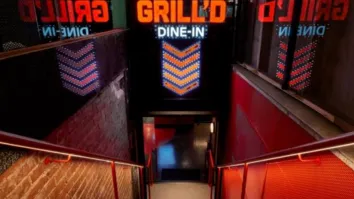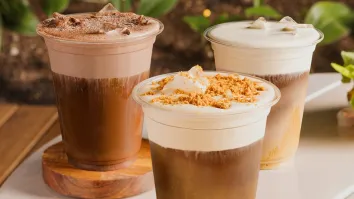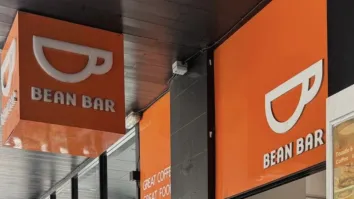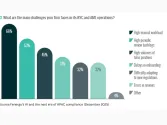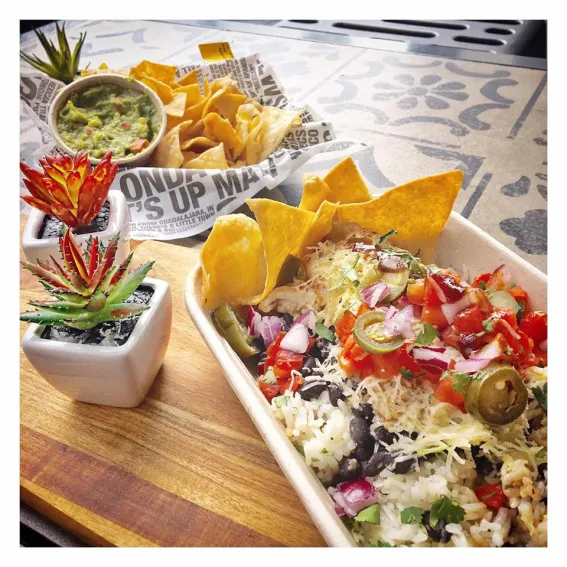
See How Top QSRs Protect the Environment and Source Food Sustainably
QSRs are often viewed as enemies of the environment and animals. But a new breed of brands that are more conscious of environment protection and ethical food sourcing are starting to change this perception.
Soul Origin, for example, is launching a new bamboo packaging to replace the current plastic containers for their salads. The QSR brand chose to switch to bamboo because it is more sustainable and will generate less landfill waste than plastic.
“Bamboo is sustainable due to the farming traditions as well as it’s the fastest growing wood plant, growing up to 24 inches in a day,” says Chris Mavris, general manager at Soul Origin. “Based on this small change we believe we can reduce landfill by over 1,000,000 square meters a year.”
In addition to embracing bamboo packaging, Soul Origin also has other policies in place that aim to lower the company’s environmental impact: From using PET lids made by a company called enviroware to recycled serviettes.
Raising the industry bar
Similarly, Mexican brand Guzman y Gomez has been one of the QSRs championing environmental responsibility and ethical food sourcing. All its taquerias use biodegradable cutlery and containers made from recycled materials, says Mark Hawthorne, CEO of Guzman y Gomez.
More than providing a feel-good benefit for the brand, adopting eco-friendly policies can lower costs and build stronger customer rapport. Hawthorne argues that ethical food sourcing can also be viewed as a smart business strategy.
He says more customers now support the fact that the chicken and pork animals from which their food was made were treated better. This led the company to become the first fast food brand to move to 100% unprocessed Australian free range chicken and to only serve sow stall free pork – a trend that Guzman y Gomez hopes would catch on across the industry.
“Restaurant guests care about how their food is sourced and they shouldn’t have to shoulder the burden of finding out its ethical origins alone. The fast food industry has a big part to play in driving change," says Hawthorne. "Being responsible in the food we serve is incredibly important to us. It’s the right thing to do for our guests, suppliers, animals and the environment.”
Photo credit: Guzman y Gomez Facebook page


